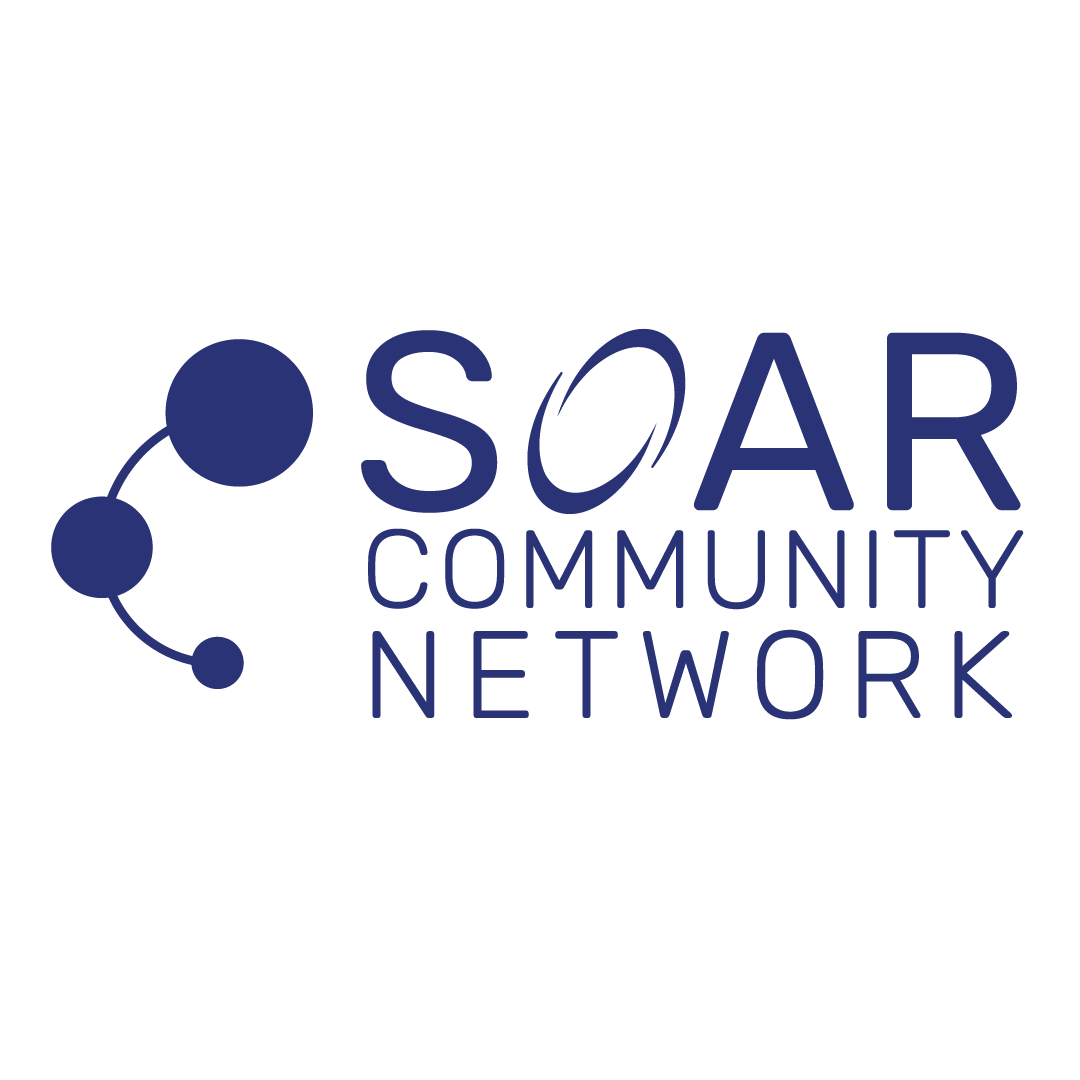In an era where the intersection of organizational growth and employee wellbeing is increasingly crucial, a Compassionate Leadership Development Program stands as a beacon of progress and efficacy. Such a program is not just an investment in individual leaders, but a strategic move towards institutional resilience and success. Here, we explore the multifaceted benefits of this innovative approach.
1. Enhanced Employee Engagement and Retention
Leaders trained in compassionate leadership foster a nurturing work environment. Their empathy and understanding lead to increased job satisfaction and loyalty among employees, crucial for sectors like nonprofits and public education where resource constraints are common. Retention of skilled employees becomes more achievable, reducing the high costs and disruptions of turnover.
2. Boost in Organizational Productivity
Compassionate leaders excel in recognizing and utilizing the diverse strengths of their teams. By effectively managing and supporting their staff, they unlock higher levels of productivity and innovation. In environments like government contracting, where efficiency and innovation are paramount, this can be a game-changer.
3. Cultivation of a Positive Organizational Culture
A leadership program that emphasizes compassion and understanding inherently nurtures a positive organizational culture. Such an environment is crucial in public schools and nonprofits where morale directly influences the quality of service and fulfillment of mission.
4. Improved Conflict Resolution Skills
Trained in understanding diverse behavioral styles and unconscious biases, leaders are better equipped to handle conflicts constructively. This skill is invaluable in public sector and nonprofit environments where collaborative efforts and stakeholder management are key.
5. Development of Inclusive Leadership
Addressing unconscious bias is not just about fairness; it’s about enriching organizational capacity. An inclusive leadership approach ensures that diverse perspectives are valued, leading to more comprehensive and effective strategies and solutions.
6. Strategic Alignment with Organizational Goals
By aligning leadership development with broader organizational objectives, such as economic growth and employee welfare, these programs ensure that leadership practices directly contribute to the institution’s success.
7. Facilitation of Continuous Learning and Improvement
The structure of workshops followed by discussion and accountability cohorts ensures continuous learning and application of skills. This ongoing engagement keeps leadership development aligned with evolving organizational needs and challenges.
Conclusion
For Chief People Officers, Directors of HR, and Directors of Training and Development, the investment in a Compassionate Leadership Development Program is a strategic decision with wide-ranging benefits. It’s an approach that not only empowers leaders but also aligns their growth with the core values and objectives of their organizations. In sectors where the human element is paramount to success, such as nonprofits, government contracting, and public schools, this program offers a path to sustainable growth, enhanced employee wellbeing, and a culture of continuous improvement and inclusion.
Example Program: SOAR Academy Leadership Cohorts
Program Structure:
Workshops: The program begins with a series of interactive workshops. Example topics include:
-
Understanding Behavioral Styles: Leaders learn to recognize and adapt to various behavioral styles for better team dynamics.
-
Unconscious Bias: A workshop to educate leaders on identifying and mitigating unconscious biases in the workplace.
-
Developing People Strategies: Training leaders in creating strategies that support employee growth and retention.
Discussion and Accountability Cohorts: Post-workshop, leaders join smaller cohort groups. These groups meet regularly to discuss the application of workshop concepts in their daily leadership roles.

